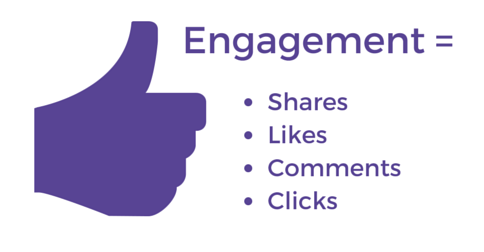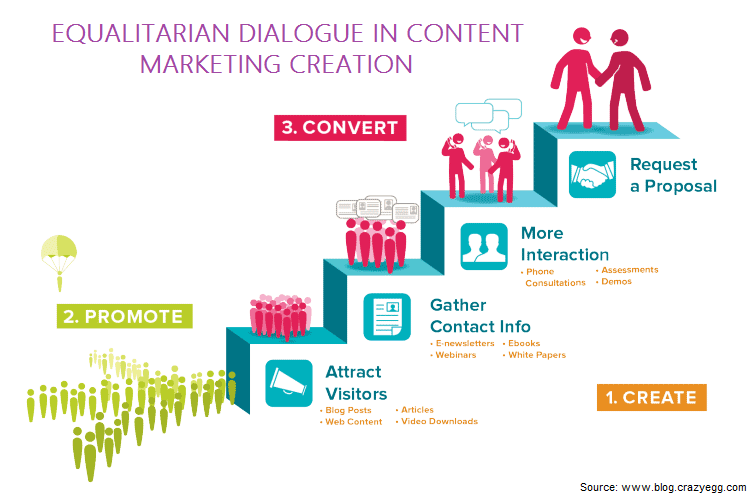Customer engagement in Facebook has emerged as a topic of great interest for consultants and marketing managers due to their interest in finding out about the nature of the connections between online brand communities and their target audience and to understand which factors determine the engagement factor among brands and followers in this social network.
Traditionally, Facebook has portrayed the engagement factor as the sum of certain metrics contained in its social plug-ins, such as the number of reactions (like, love, laugh, surprised, sad and angry), comments and amplifications (shares) divided by the total number of likes of a certain fanpage.
Such measurement seeks to determine the degree of connection and empathy between the actions developed by brands and their followers. However, for some marketing professionals such variables don’t describe other important elements that also affect the way in which their content captures followers’ attention or to find relevant insights that reflects brands’ ability to engage customers.
Other ways to determine engagement in Facebook.
Multiple methodologies have been developed by marketing researchers with the idea of expanding the spectrum of possibilities that help to understand the engagement factor in Facebook, ranging from mathematical models that aim to measure certain “key performance indicators” (KPI’s: Key Performance Indicators) to theoretical methodologies based on advertisement and psychology theories.
For instance, some methodologies embrace engagement from the analysis of the interactions between the brands and their followers in Facebook, categorizing the posts that communicate humor, emotions or the brands’ philanthropic actions as a high engagement generators while the content that communicates prices and items availability as low engagement generators.
In the other side, some methodologies propose mathematical models based on the measurement of a matrix of variables such as:
- The number of “posts” published during a given campaign.
- The number of followers of a publication.
- The number of videos, pictures and links shared.
- The status updates of the Facebook campaign or brand page.
Even though, these methodologies try to evaluate Facebook engagement from various areas of knowledge, they don’t delineate a holistic approach that encompasses theories from different sciences combined with a statistical model.
The development of more comprehensive methodologies, can help marketers to obtain more in-depth insights about how is engagement created in Facebook and to determine which key factors characterize the relationships between online brand communities and their followers on Internet-based applications.

